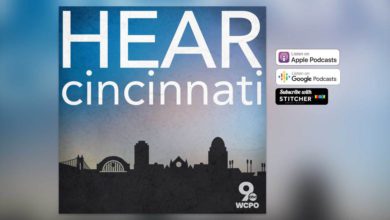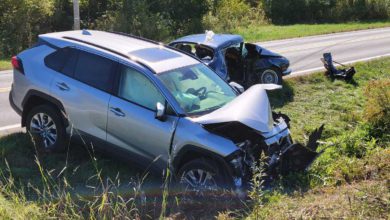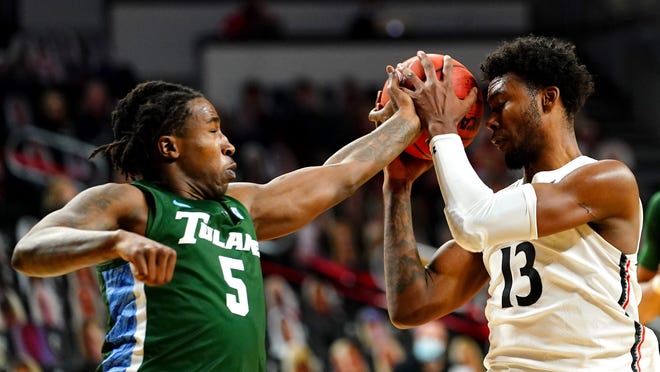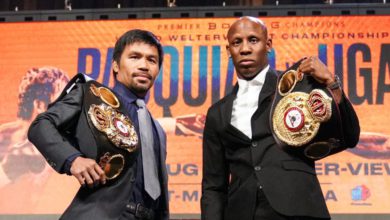MINNEAPOLIS — Jurors were expected to start hearing from witnesses testifying for the defense Tuesday in the murder trial of former Minneapolis police officer Derek Chauvin, charged in George Floyd's death.
As Hennepin County District Court Judge Peter Cahill wrapped up court Monday, he told jurors "we’re getting close to the end" of the trial. He said he expects the defense to finish its evidence by the end of the week, with closing arguments expected Monday.
That's when the jury would be sequestered. "So, pack a bag," he told them.
Where the trial stands: Over the course of 11 days, prosecutors called 38 witnesses to the stand and played dozens of bystander, surveillance and police body-cam videos in a bid to prove Floyd died due to Chauvin's knee on his neck for more than nine minutes.
The defense, meanwhile, argues Floyd's hypertensive heart disease and ingestion of meth and fentanyl, together with the struggle with police, led him to suffer from heart strain and ultimately die. But prosecutors headed-off those defense arguments by openly discussing Floyd's health issues and the drugs present in his system and the car he was in that day.
Chauvin is charged with second-degree murder, third-degree murder and second-degree manslaughter in Floyd's death in police custody on May 25, 2020.
Stay updated on the Derek Chauvin trial: Sign up for text messages of key updates, follow USA TODAY Network reporters on Twitter, or subscribe to the Daily Briefing newsletter.
Latest updates:
Younger brother Philonise shares memories of George Floyd for jurors
Jurors have repeatedly heard George Floyd's last words and seen images of him dying on a Minneapolis street. But on Monday, they got a different picture of him: Family photos taken throughout his life, narrated by the memories of his younger brother, Philonise.
A baby nestled on his mother’s chest. A teen leaning over a textbook. A basketball player on the South Florida Community College basketball team. A father holding up his daughter.
Philonise Floyd, 39, told jurors stories about growing up with his "big brother" as prosecutors showed the old photos. He choked up seeing the image of George – nicknamed "Perry" after his father – and his mother. "I miss both of them," he said.
He testified as a "spark of life" witness to give jurors a better sense of who George was. A 1985 Minnesota Supreme Court ruling allows prosecutors to humanize deceased subjects. "The victim was not just bones and sinews covered with flesh, but was imbued with the spark of life," the court said. Read more about his testimony here.
Judge won't sequester jury amid Brooklyn Center protests, Minneapolis curfew
Judge Peter Cahill denied the defense's request Monday to immediately sequester the jury following unrest in a nearby city.
Protests erupted Sunday night in Brooklyn Center, about 10 miles north of Minneapolis, after Daunte Wright, 20, was shot and killed by police during a traffic stop. The city of Minneapolis declared a state of emergency and a 7 p.m. CDT curfew in response to the protests.
One juror in the Chauvin trial lives in the city, and others have "connections" to the area, defense attorney Eric Nelson said Monday morning, arguing the unrest could bias the jury's decision in Chauvin's case.
Hennepin County Judge Peter Cahill denied the motion. "This is a totally different case," he said, adding, "That's a separate issue, and (the jury) should treat it as such. It'd be a different story if it was civil unrest following a different verdict."








